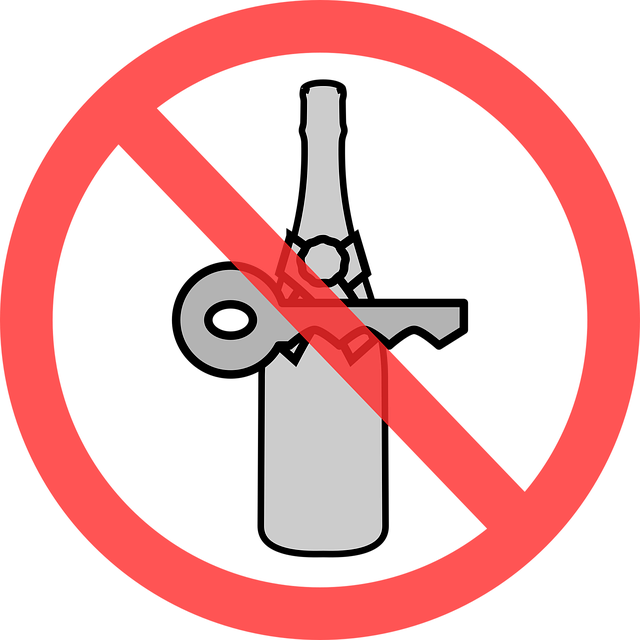In Oregon, understanding strict DUI laws and the legal framework is crucial for anyone facing charges. DUI defense strategies include challenging evidence like field sobriety tests, breathalyzer readings, and blood test results, as well as disputing arrest procedures and presenting mitigating factors. Effective tactics demand a deep understanding of state laws and legal procedures, emphasizing the importance of seeking competent DUI case defense from legal counsel. An Oregon DUI guide is vital for navigating options and fighting for the best outcome.
Oregon’s DUI laws carry stringent penalties, making a strong defense crucial. This comprehensive guide navigates the intricate legal landscape of Oregon DUI cases. From understanding the basic Oregon DUI laws and blood alcohol concentration (BAC) limits to exploring defense strategies like challenging BAC readings and raising reasonable doubt, this article provides insights into every step of the process. Learn about the legal framework, including arrest procedures and pre-trial hearings, and discover effective DUI tactics to build a robust defense.
- Oregon DUI Laws: Understanding the Basics
- – Definition of DUI in Oregon
- – Legal limits for blood alcohol concentration (BAC)
- – Penalties and consequences
Oregon DUI Laws: Understanding the Basics

In Oregon, understanding the state’s DUI (Driving Under the Influence) laws is crucial for anyone facing such charges. The legal framework defines DUI as operating a motor vehicle while under the influence of alcohol or controlled substances to a degree that impairs cognitive or physical abilities. The Oregon DUI guide outlines strict penalties, including fines, license suspensions, and potential jail time, emphasizing the state’s zero-tolerance policy.
The DUI defense strategies in Oregon involve challenging the evidence used against the accused. This includes questioning the validity of field sobriety tests, breathalyzer readings, and blood test results. Legal tactics may also include arguing procedural errors during arrest or investigation, presenting character evidence to mitigate blame, and exploring any mitigating factors that could lead to reduced charges or penalties. Effective DUI tactics require a deep understanding of state laws and legal procedures, making it vital for accused individuals to seek competent legal counsel.
– Definition of DUI in Oregon

In Oregon, Driving Under the Influence (DUI) refers to operating a motor vehicle while impaired by alcohol or drugs. The state’s Oregon DUI laws are designed to ensure public safety by deterring individuals from driving under the influence of substances that affect their ability to operate a vehicle safely. The legal framework surrounding DUI in Oregon involves strict penalties and specific procedures for prosecution.
Understanding the DUI defense strategies available is crucial for anyone facing such charges. Effective DUI tactics include challenging the admissibility of evidence, questioning the validity of field sobriety tests, and exploring any violations of procedural rights during the arrest and investigation phases. A comprehensive Oregon DUI guide should outline these defenses to help individuals navigate their legal options and fight for the best possible outcome in their DUI case defense Oregon.
– Legal limits for blood alcohol concentration (BAC)

In Oregon, as per the DUI legal framework, the legal limit for blood alcohol concentration (BAC) is 0.08% for drivers aged 21 and above. Any driver operating a vehicle with a BAC at or above this level faces strict penalties under Oregon DUI laws. This includes potential charges for driving under the influence (DUI), which can significantly impact an individual’s life, leading to hefty fines, license suspension, and even jail time.
Understanding these legal limits is crucial for those looking into DUI defense strategies. Effective DUI tactics often involve challenging the accuracy of BAC tests or questioning the circumstances under which the test was administered. By navigating the nuances of Oregon DUI laws, experienced legal professionals can help individuals accused of DUI navigate their cases, aiming to mitigate charges and protect their rights within this complex legal framework.
– Penalties and consequences

In Oregon, a DUI (Driving Under the Influence) conviction carries significant penalties and consequences that can drastically impact an individual’s life. If found guilty, individuals face severe fines, ranging from several hundred to thousands of dollars, depending on the severity of the offense. This may include court fees, victim compensation, and expenses related to alcohol education or treatment programs. Additionally, a DUI leads to license suspension, often with restrictions on obtaining a new license until certain conditions are met. Drivers may be required to install an ignition interlock device in their vehicles for a specified period after their license reinstatement.
The legal framework surrounding Oregon DUI laws emphasizes the state’s zero-tolerance policy towards impaired driving. Effective DUI tactics involve challenging the prosecution’s evidence, such as questioning the reliability of field sobriety tests and breathalyzer readings. DUI defense strategies may include raising reasonable doubt by presenting alternative explanations for the driver’s behavior or intoxication level. A comprehensive Oregon DUI guide should also educate accused individuals on their rights, available defenses, and potential outcomes to make informed decisions regarding their legal representation and future actions.






